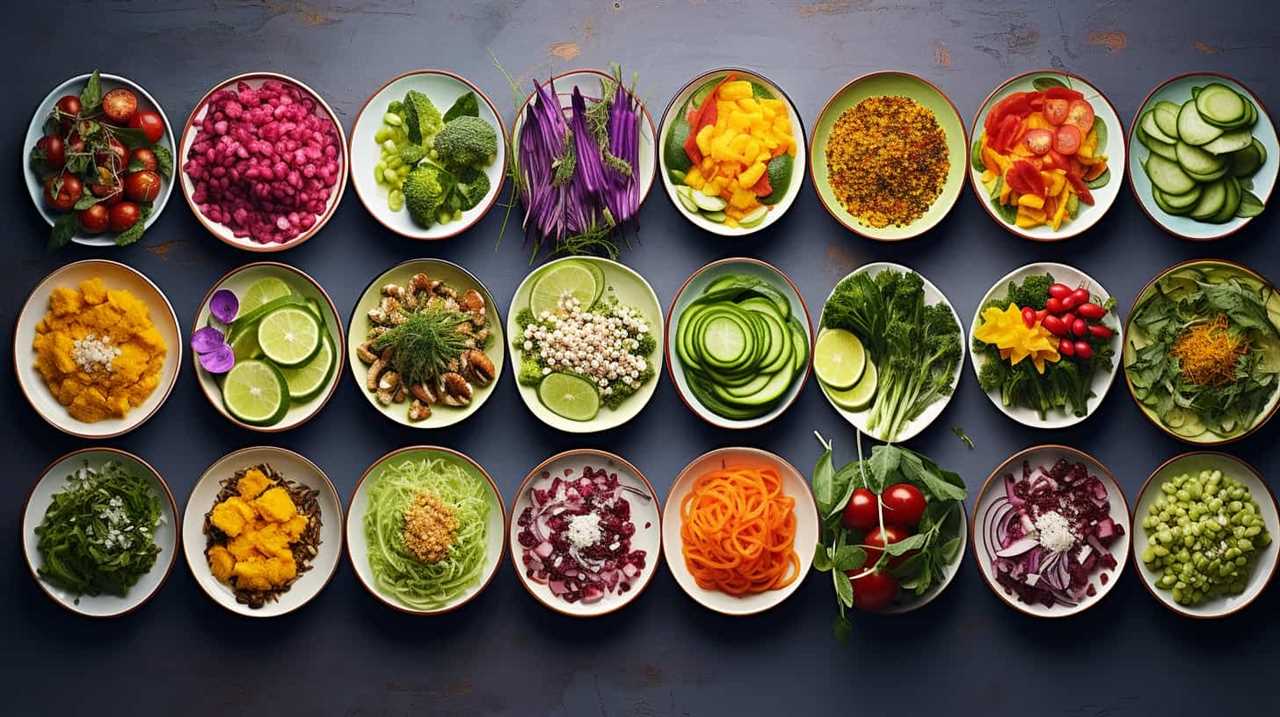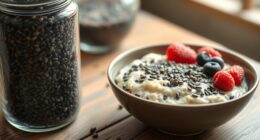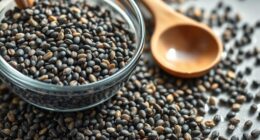
Have you ever thought about how a small seed can pose major health risks? Let us elaborate!
From potential choking hazards to digestive issues and allergic reactions, tiny seeds can pack a punch. Not only that, but they can also interact with medications and even be contaminated with molds.
In this article, we will explore the various ways in which these seemingly harmless seeds can pose a risk to our health. So, buckle up and get ready for some eye-opening information!
Key Takeaways
- Seeds can pose choking hazards and lead to digestive issues and inflammation in certain individuals.
- Allergies and sensitivities to seeds, as well as hidden allergens in processed foods, can be a concern.
- Some seeds can interfere with the absorption of medications, potentially affecting their effectiveness.
- Contamination and mold on seeds can cause allergic reactions, respiratory issues, and toxic effects. It is important to properly store and handle seeds to prevent mold contamination.
Potential Choking Hazard
One potential health danger associated with tiny seeds is that they can pose a choking hazard. Due to their small size, seeds can easily become lodged in the throat, blocking the airway and causing a life-threatening situation. It’s crucial to be aware of this risk, especially when serving meals to children or individuals who have difficulty chewing or swallowing.
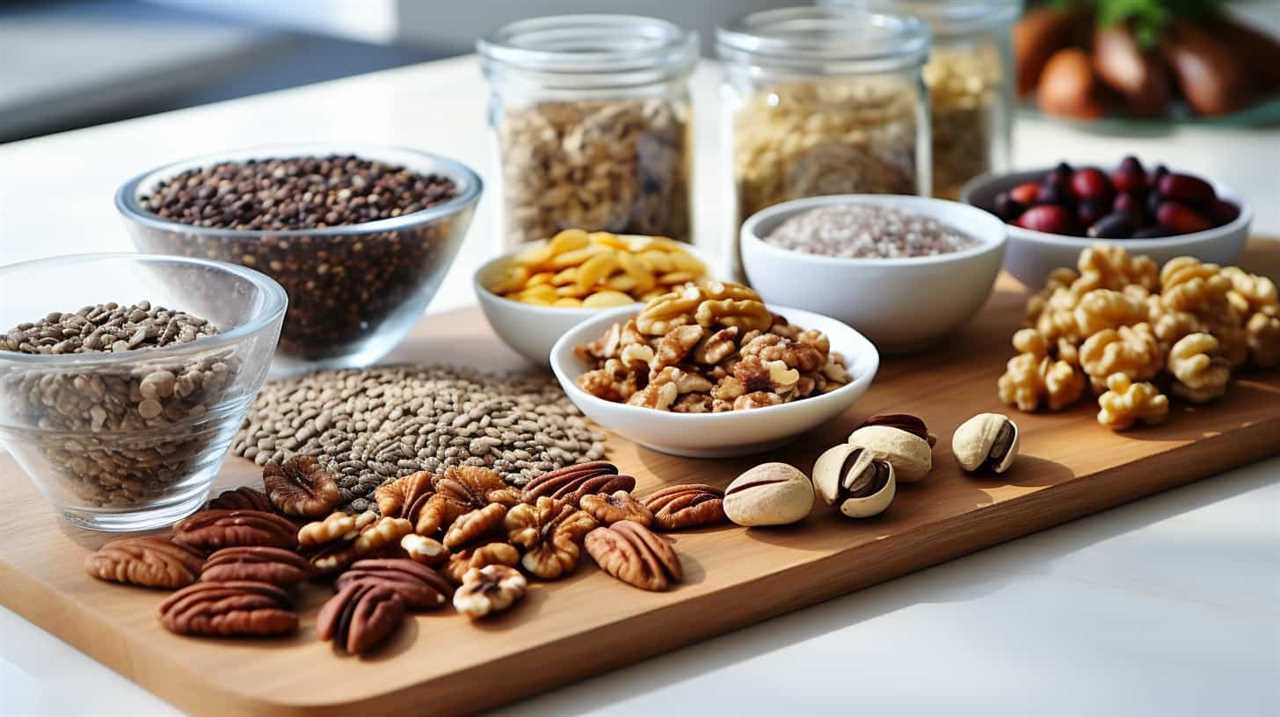
Prevention measures can include educating oneself and others about the potential choking hazards of seeds, ensuring that seeds are ground or crushed before consumption, and closely supervising children while they eat. In the event of a choking emergency, immediate action is necessary. Knowing proper emergency response techniques such as the Heimlich maneuver can be lifesaving.
Transitioning into the subsequent section about digestive issues and blockages, it’s important to understand that choking is just one of the potential health risks associated with tiny seeds.
Digestive Issues and Blockages
Tiny seeds can cause digestive issues and blockages, leading to potential health risks. It’s important to be aware of these risks and take necessary precautions to ensure food safety and avoid complications.
Here are some key points to consider:
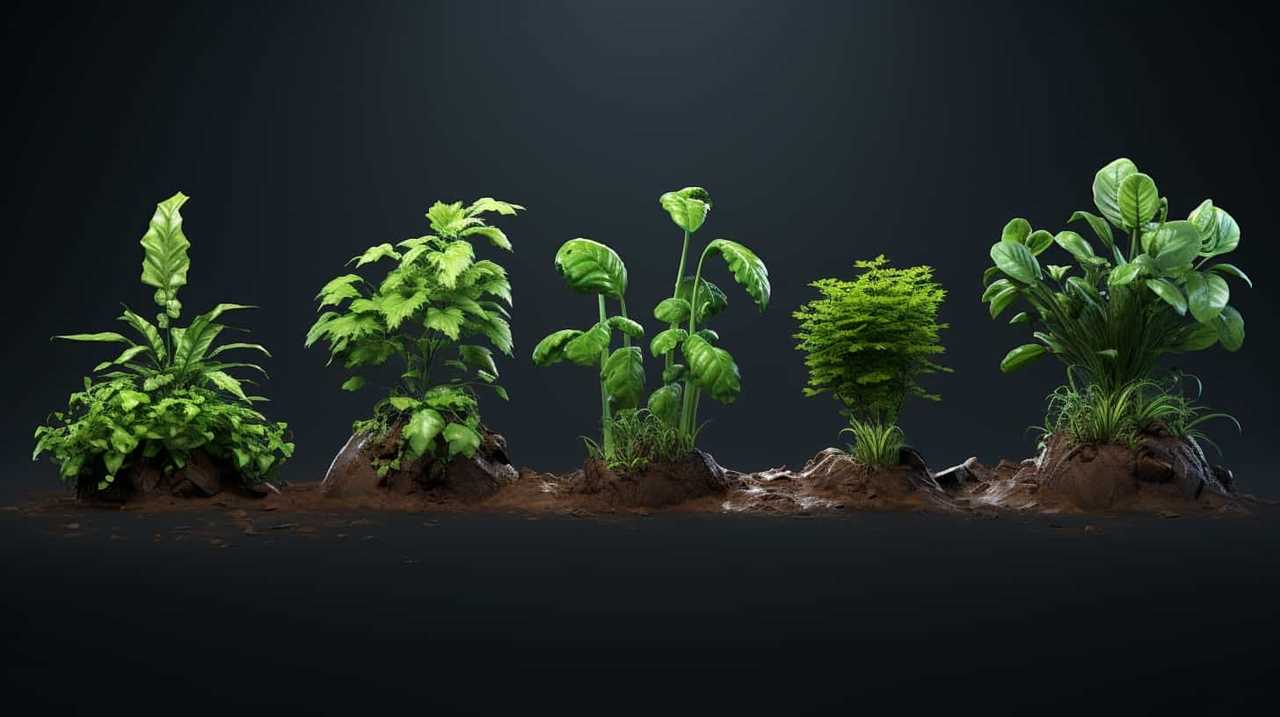
-
Choking Hazard: Some tiny seeds, such as those found in berries or chia seeds, can easily get stuck in the throat, causing choking. It’s crucial to chew these seeds thoroughly or avoid them altogether if you have difficulty swallowing.
-
Intestinal Blockages: Consuming large quantities of tiny seeds, particularly those with a high fiber content, can lead to intestinal blockages. This is especially concerning for individuals with certain dietary restrictions, such as those following a low-fiber diet or recovering from digestive surgeries.
-
Diverticulitis Risk: People with diverticulitis, a condition characterized by inflamed pouches in the colon, should avoid consuming tiny seeds. These seeds can get trapped in the pouches and cause inflammation, leading to pain and discomfort.
-
Risk of Nutrient Absorption: Some tiny seeds, like flaxseeds, contain anti-nutrients that can interfere with the absorption of certain nutrients. Individuals with nutrient deficiencies or specific dietary needs should consult with a healthcare professional before consuming large amounts of these seeds.
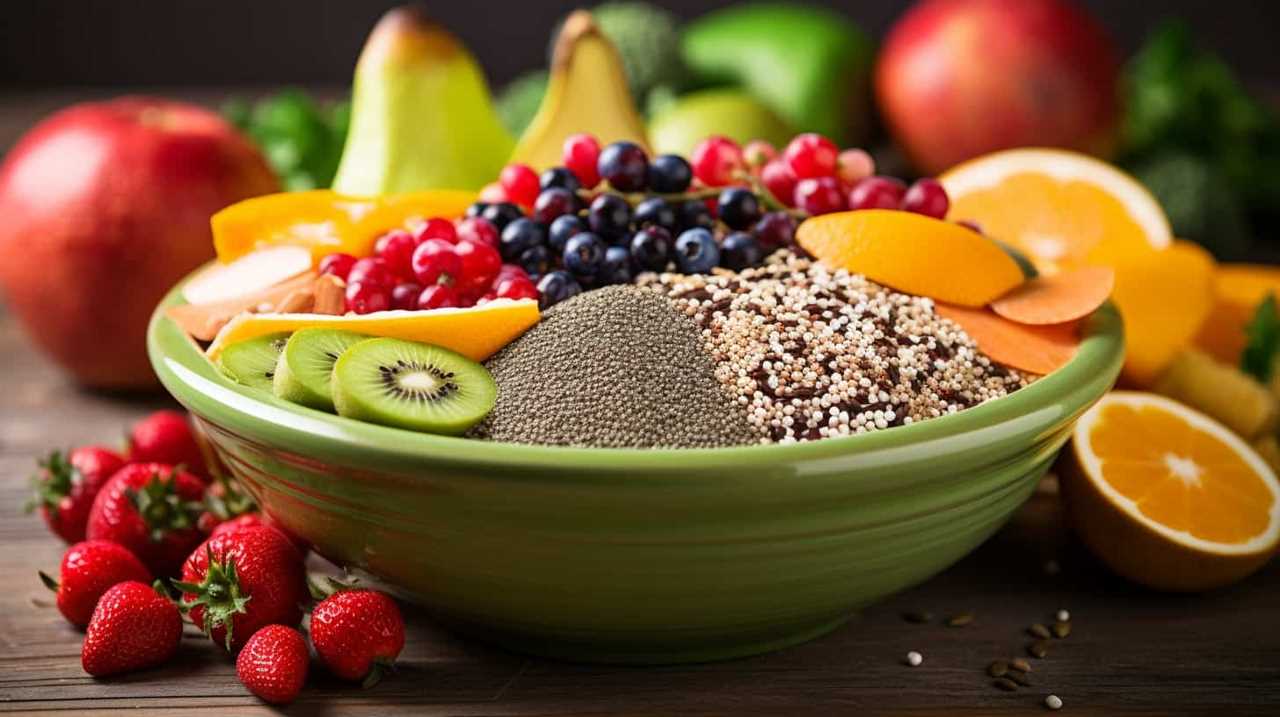
Being mindful of these potential digestive issues and blockages can help ensure that your dietary choices align with your overall health goals and avoid any unnecessary complications.
It’s always advisable to consult with a healthcare professional or registered dietitian for personalized guidance based on your specific needs and dietary restrictions.
Allergic Reactions and Sensitivities
We need to be aware of the potential allergic reactions and sensitivities that can arise from consuming tiny seeds.
While seeds are generally a healthy addition to our diet, it’s important to note that some individuals may have an allergic reaction or sensitivity to certain types of seeds.
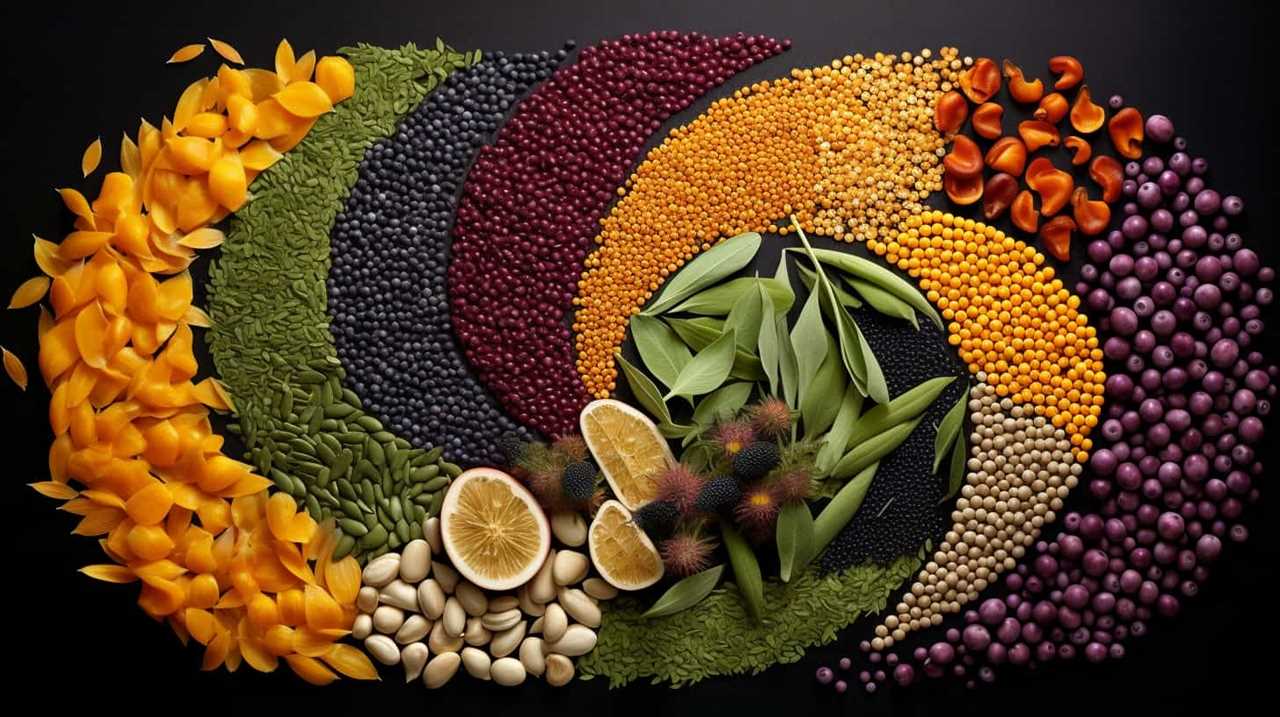
Cross contamination can occur during the manufacturing process, where seeds may come into contact with allergens such as peanuts or tree nuts. This can pose a serious risk to those with allergies, as even trace amounts of allergens can trigger a reaction.
Additionally, hidden ingredients in processed foods can also be a concern. Some food products may contain seeds as an ingredient, which can be unexpected for those with allergies or sensitivities.
It’s crucial to read labels carefully and be aware of hidden ingredients to avoid any potential health risks.
Interactions With Medications
Moving on to the topic of interactions with medications, it’s important to be aware of how consuming tiny seeds can potentially affect the effectiveness of certain medications. These potential drug interactions can have an impact on medication efficacy and shouldn’t be overlooked. Here are four key points to consider:
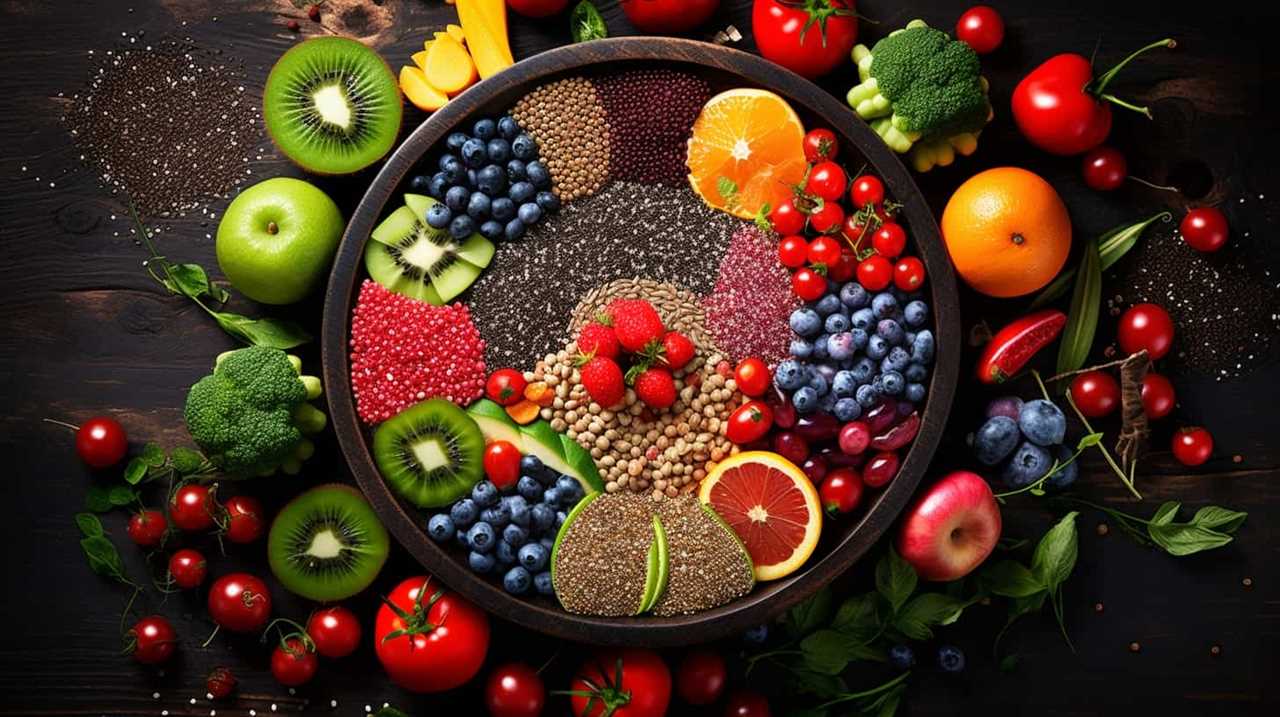
-
Some tiny seeds, such as flaxseeds or chia seeds, contain high amounts of fiber. While fiber is generally beneficial for digestive health, it can also interfere with the absorption of certain medications, leading to reduced effectiveness.
-
Certain tiny seeds, like grapefruit seeds, contain compounds that can inhibit enzymes responsible for breaking down medications in the body. This can result in increased levels of the medication in the bloodstream, potentially leading to side effects or toxicity.
-
Seeds rich in omega-3 fatty acids, like hemp seeds, may have blood-thinning properties. When combined with medications that also have blood-thinning effects, such as anticoagulants, it can increase the risk of bleeding.
-
Some tiny seeds, such as sesame seeds, contain compounds that may interact with medications used to lower blood pressure. This interaction can potentially reduce the effectiveness of these medications.

It is crucial to consult with a healthcare professional or pharmacist before incorporating large amounts of tiny seeds into your diet, especially if you’re taking medications. They can provide guidance on potential drug interactions and ensure the optimal efficacy of your medications.
Contamination and Molds
Continuing the discussion on interactions with medications, it’s important to address the potential dangers of contamination and molds when consuming tiny seeds.
Ensuring food safety is crucial to protect against health risks associated with consuming contaminated seeds. Contamination can occur during the production, harvesting, or processing stages, leading to the presence of harmful bacteria, viruses, or parasites on the seeds’ surface. These contaminants can cause foodborne illnesses and pose significant health risks, especially for individuals with weakened immune systems.
Additionally, molds can grow on seeds if they’re stored in warm and humid conditions. Some molds produce toxins called mycotoxins, which can be harmful when ingested.

Therefore, it’s essential to follow proper storage and handling practices to minimize the risk of contamination and molds and ensure the safety of consuming tiny seeds.
Frequently Asked Questions
How Can Tiny Seeds Pose a Potential Choking Hazard?
Tiny seeds can pose a potential choking hazard due to their small size and shape. To prevent this, potential solutions include cutting up food containing seeds and supervising children while eating to ensure safe consumption.
What Are the Common Digestive Issues and Blockages Associated With the Consumption of Tiny Seeds?
Digestive issues and blockages can arise from consuming tiny seeds. These can include food allergies and digestive disorders. The potential dangers of these tiny seeds might surprise you, so let’s dive into the details.
What Are Some Examples of Allergic Reactions and Sensitivities That Can Be Triggered by Consuming Tiny Seeds?
Examples of cross contamination risks include allergic reactions and sensitivities triggered by consuming tiny seeds. However, it is important to note the potential health benefits of consuming these seeds, such as their rich nutritional content.
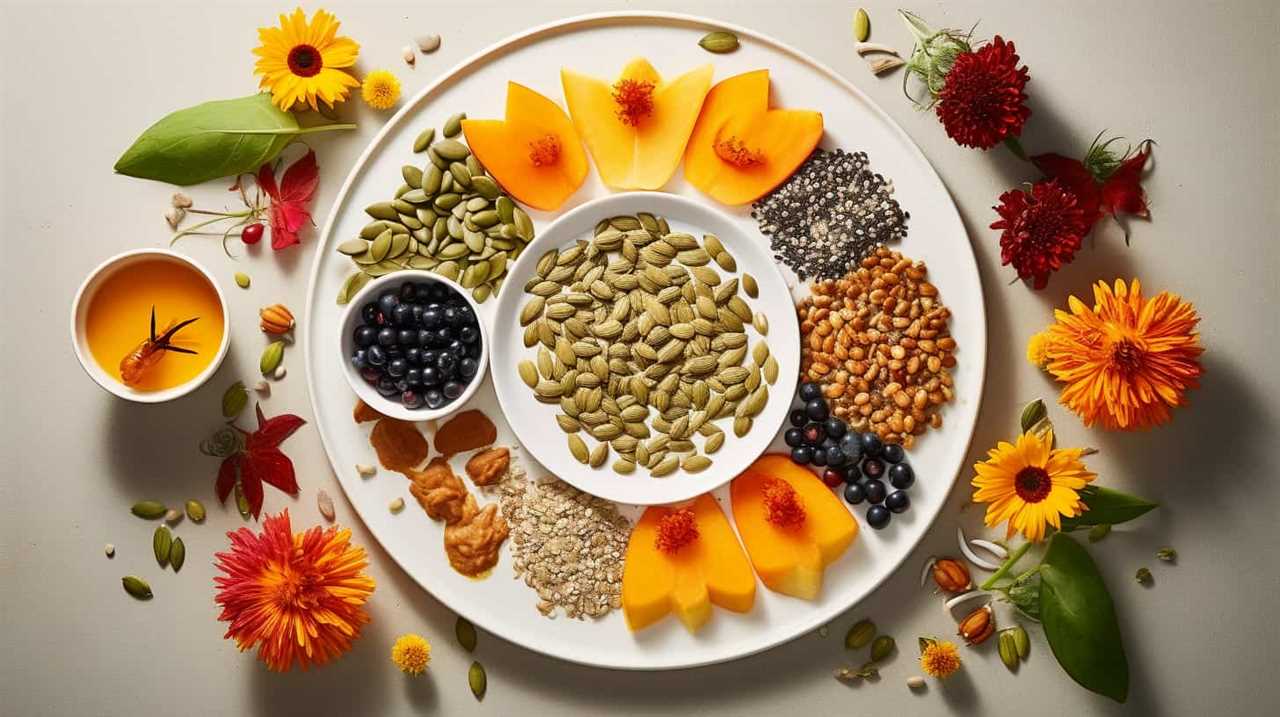
Are There Any Known Interactions Between Medications and the Consumption of Tiny Seeds?
There could be potential dangers when it comes to interactions between medications and consuming tiny seeds. It is important to be aware of this possibility and consult a healthcare professional for guidance.
What Are the Risks of Contamination and Molds Associated With Tiny Seeds?
Contamination and molds associated with tiny seeds can pose risks of pesticide exposure and impact on the gut microbiome. It’s important to be aware of these potential health dangers when consuming tiny seeds.
Conclusion
In conclusion, it’s vital to be aware of the potential health dangers that tiny seeds can pose. From being a choking hazard to causing digestive issues and blockages, these seeds should be approached with caution.
Allergic reactions, interactions with medications, and the risk of contamination and molds further emphasize the need for proper handling. Therefore, it’s imperative to educate oneself and take necessary precautions to ensure one’s well-being.

Remember, with great seeds comes great responsibility.
